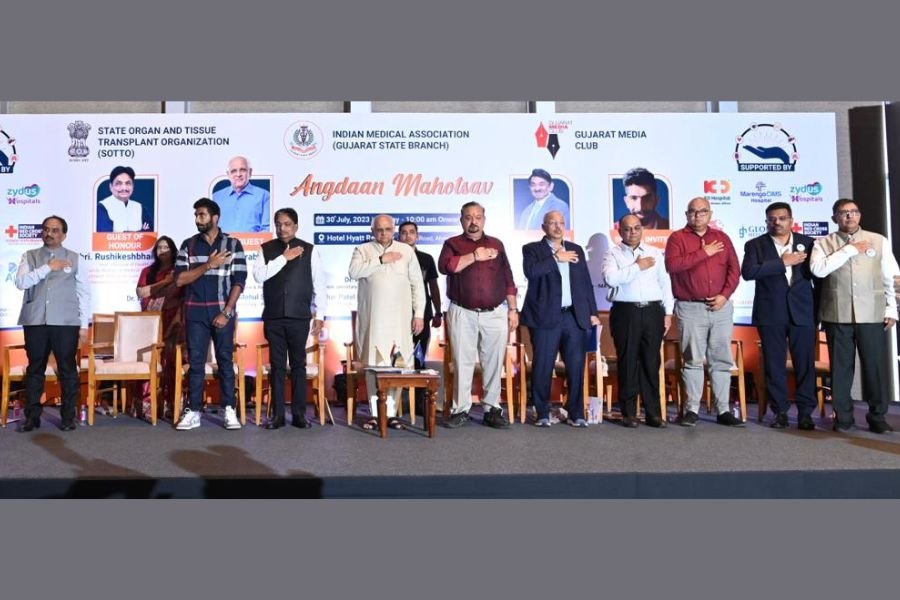
Global Healthcare Advisor Vijay Dhawangale sharing his views on Epidemic Preparedness
New Delhi [India], December 27: The United Nations General Assembly proclaimed December 27 as the International Day of Epidemic Preparedness. This Resolution holds great significance, as it helps raise awareness for each individual, community, state, and the world on the importance, necessity, and urgency of the prevention of, preparedness for, and partnership against epidemics. Currently, people all over the world have been affected by coronavirus disease 2019 (COVID-19), which is the fifth pandemic after the 1918 flu pandemic.
Addressing a conference organized for its members by the Global Association for GSP on the eve of International Day of Epidemic Preparedness, Global Healthcare Advisor Vijay Dhawangale mentioned, “Pandemic preparedness is most effective if it is built on general principles that guide preparedness planning for any acute threat to public health”. To the extent possible, pandemic preparedness should aim to strengthen existing systems rather than develop new ones. He further added Pandemic response requires that business continuity plans and surge capacity plans be developed for the health sector and all other sectors that could be affected by a pandemic to ensure sustained capacity during a pandemic.
He also mentioned that Government took the right steps at the right time and proved its mettle in managing the pandemic in an effective way for a country having 1.39 billion populations. From a situation of a single laboratory equipped to undertake testing for COVID in January, by the end of December, 2288 laboratories (as of 30th December 2020) were conducting COVID-19 Testing. Laboratories have been established in difficult terrains like Ladakh, Sikkim, Arunachal Pradesh, and Nagaland as well as other North Eastern states, Lakshadweep and Andaman & Nicobar island crossing 1.5 million tests a day, much higher than that stipulated by WHO, which were 140 tests per million population per day.
Addressing the association members for their preparedness, Vijay Dhawangale explained the importance of investing in technology and infrastructure to support remote work and virtual collaboration capabilities, assess their current bandwidth to support remote work, perform periodic network stress testing and identify workarounds for critical tasks that are not executable from home. It is worth noting that while remote working is a viable option for the service sector, it does not work for manufacturing, thus resulting in critical impacts on supply chains.
Pandemics are a public issue first and a business issue second. Hence, the public and private sectors need to come together to provide an adequate and comprehensive response to a pandemic event.
Who is Vijay Dhawangale
Vijay Dhawangale is a philanthropist, mentor, successful entrepreneur, venture capitalist, and global healthcare advisor. Passionate about giving back to his community and the world, he is active in many local and global organizations. His model of Preventive Diagnostics Programs around the world involves deeper strategies for local and state-level implementation. The initiative provides a package of essential diagnostic services free of cost across all public health facilities using innovative, low-cost technology. He is particularly vocal about access to quality healthcare for all.
If you have any objection to this press release content, kindly contact pr.error.rectification[at]gmail.com to notify us. We will respond and rectify the situation in the next 24 hours



